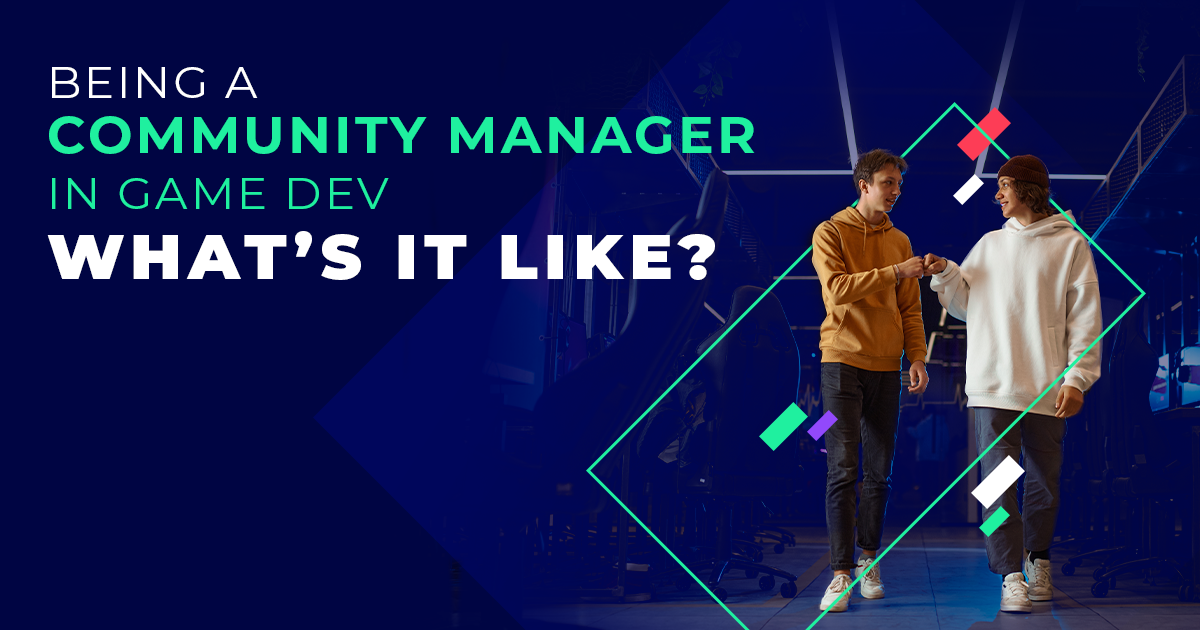Benz Drops Insights
Stay updated with the latest news and trends in the automotive industry.
Game On: Navigating the Dynamics of Player Community Management
Unlock the secrets of thriving player communities! Discover expert tips for engaging and managing your gaming audience effectively. Game on!
Building Bridges: Effective Strategies for Player Community Engagement
Engaging a player community is essential for the longevity and success of any game. To build these connections, developers should start by understanding the demographics of their player base. Conducting surveys or utilizing analytics tools can provide invaluable insights into player preferences and habits. Once this data is gathered, developers can create targeted campaigns that resonate with their audience. Regular updates and feedback loops, such as community forums and social media interactions, also help to foster a sense of belonging among players.
Another effective strategy for player community engagement is hosting community events both in-game and offline. These events can range from tournaments and competitions to collaborative challenges that encourage teamwork. Furthermore, recognizing and rewarding community contributions, whether through acknowledgment in-game or offering exclusive in-game items, can significantly enhance player loyalty. By creating an inclusive environment where players feel valued, developers can turn casual gamers into lifelong advocates for their game.

Counter-Strike is a popular team-based first-person shooter that pits terrorists against counter-terrorists in various objective-based game modes. Players work together to complete missions, such as defusing bombs or rescuing hostages, while competing against opposing teams. For those looking to enhance their gaming experience, using a clash promo code can provide additional benefits or rewards.
The Role of Moderation in Creating a Healthy Gaming Community
The role of moderation in creating a healthy gaming community is crucial for fostering a positive environment. Moderators play an essential part in maintaining the balance between freedom of expression and respectful communication. With the increasing number of players engaging in online gaming, the potential for toxic behavior rises significantly. To combat this, effective moderation can involve setting clear community guidelines, actively monitoring discussions, and implementing timely interventions when necessary. By addressing negative behaviors promptly, moderators help ensure that all players feel safe and respected, which in turn encourages participation and community bonding.
Moreover, a well-moderated gaming community not only enhances player experience but also promotes the longevity of the game itself. Moderation can include various methods such as creating automated systems to flag inappropriate content or empowering trusted community members to act as mediators. This cooperative approach can lead to a more vibrant gaming atmosphere where players collaborate and inspire each other. Ultimately, when members see that their voices are heard and that there are safeguards against negative interactions, they are more likely to contribute positively to the community, thus reinforcing the cycle of healthy engagement.
What Makes a Game Community Thrive? Key Factors for Success
Building a successful game community requires a delicate balance of engagement, inclusivity, and shared passion for the game. One of the key factors is the ability to create a welcoming environment where players feel valued and respected. This can be achieved through:
- Regular communication: Keeping players informed about updates and involving them in discussions fosters a sense of belonging.
- Organized events: Hosting tournaments, collaborative missions, or community challenges encourages interaction and builds camaraderie.
- Feedback mechanisms: Implementing ways for players to voice their opinions can lead to improvements that resonate with the community.
Another significant element for a thriving game community is the provision of opportunities for collaboration and creativity. When players are given the tools to connect, share ideas, and collaborate on projects, the community flourishes. This can be facilitated through:
- Content creation: Encouraging players to create and share fan art, videos, or mods can deepen their connection to the game.
- Mentorship programs: Pairing experienced players with newcomers not only ensures knowledge transfer but also cultivates lasting friendships.
- Social platforms: Utilizing forums, Discord servers, or social media can keep conversations alive and provide spaces for players to meet and collaborate.